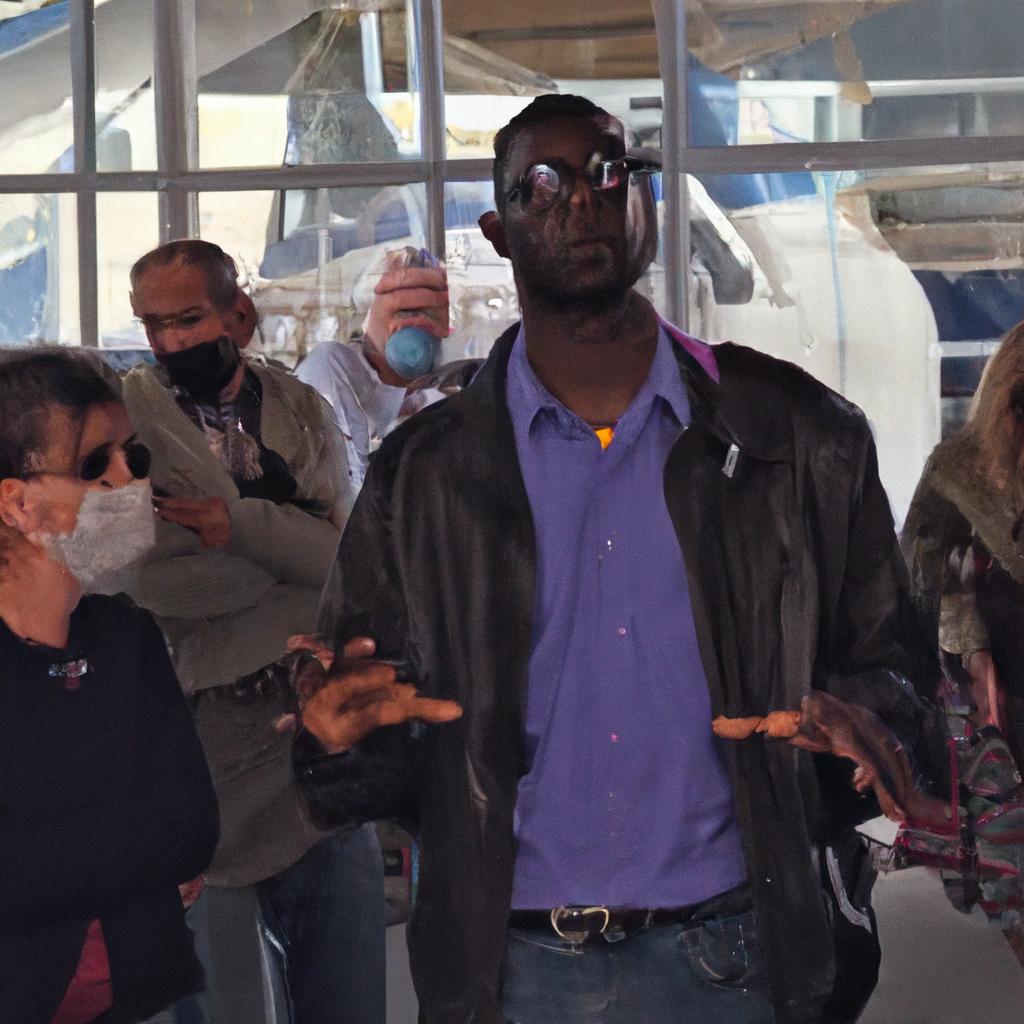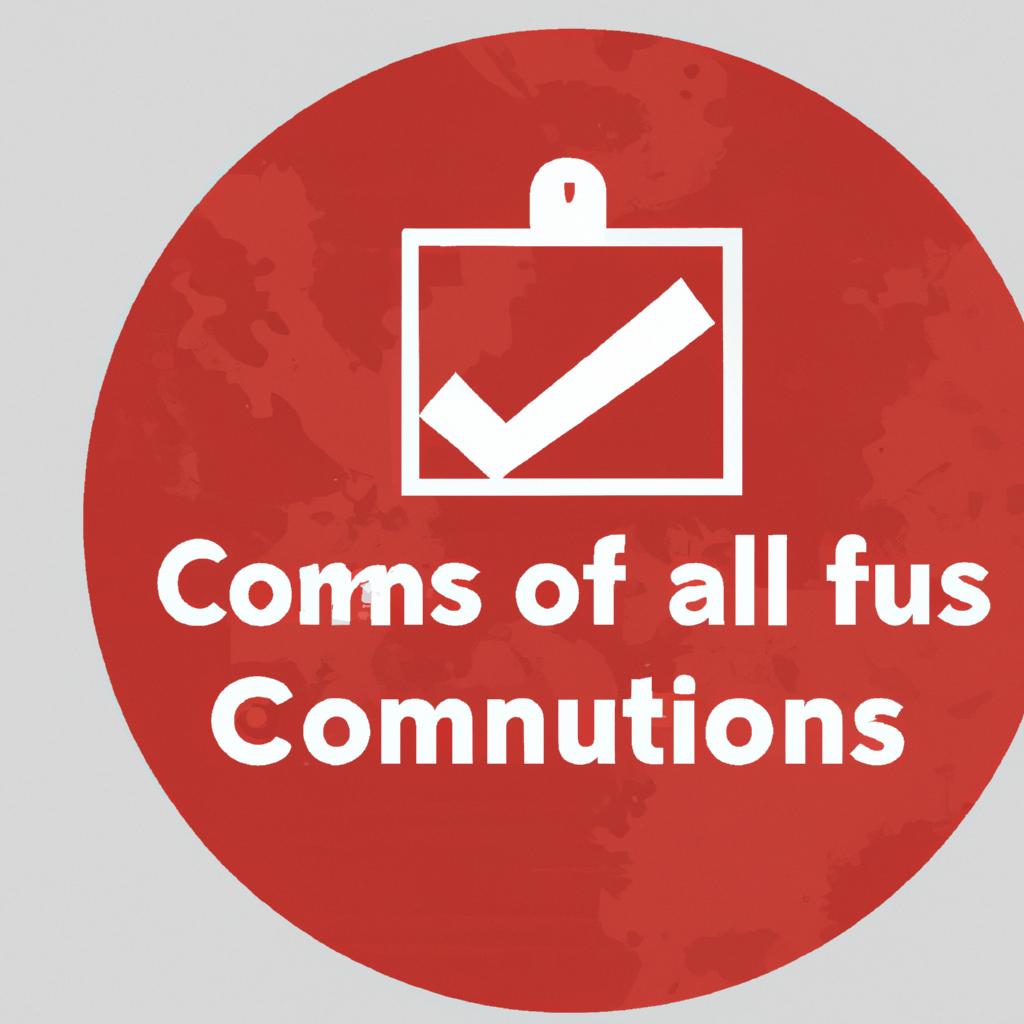Navigating the labyrinth of customs regulations and duty-free limits can often feel like deciphering an ancient code, especially for the uninitiated traveler. From the moment you set foot in a new country, the thrill of exploration is often paired with the challenge of understanding what you can bring back home without encountering unexpected fees or restrictions. In “Stay Savvy: Navigate Customs Regulations and Duty-Free Limits with Ease,” we aim to empower you with the knowledge and tools you need to glide through customs seamlessly. Whether you’re a seasoned globetrotter or planning your first international getaway, this guide will illuminate the key aspects of customs regulations, demystify duty-free allowances, and equip you with practical tips to ensure that your travel experiences remain enjoyable and stress-free. Let’s embark on this enlightening journey together and master the art of savvy travel!
Understanding Customs Regulations: What Every Traveler Should Know
When preparing for international travel, it’s vital to equip yourself with a solid understanding of customs regulations. These rules can vary significantly from one country to another, affecting everything from what you can bring in your luggage to how much you might be required to pay in duties. The first step is to familiarize yourself with the **specific regulations** of your destination. This includes paying attention to any items that are restricted or prohibited, such as certain foods, plants, and animal products. Additionally, travelers should be mindful of the **duty-free limits**, which generally allow you to bring in certain goods free of taxes, provided they don’t exceed specified values or quantities.
Here are some key points to remember when navigating customs regulations:
- Declare All Items: Always declare items that you believe may be subject to duties or restrictions, even if you’re unsure.
- Know Your Allowances: Each country allows different amounts of goods to be brought in duty-free; familiarize yourself with these amounts.
- Maintain Receipts: Keep receipts for high-value items in case customs requires proof of purchase.
| Country | Duty-Free Limit | Key Restrictions |
|---|---|---|
| United States | $800 | Alcohol over 1 liter, certain fruits |
| Canada | $800 | Raw meats, certain plants |
| Australia | $0AUD | Food, animal products, certain seeds |

Maximizing Your Duty-Free Allowance: Tips for Smart Shopping
When it comes to shopping at duty-free stores, knowing your limits is essential for a seamless experience. Start by familiarizing yourself with the specific allowance limits set by your country of residence, as these can vary. Most countries allow travelers to bring in a certain amount of alcohol, tobacco, and other goods without incurring extra taxes. To ensure you maximize your shopping experience, consider these strategic tips:
- Plan Ahead: Research the items that are typically available at duty-free stores in the airport or port you’re visiting.
- Make a List: Create a shopping list to avoid impulse buys and to ensure you stay within your limits.
- Know the Prices: Compare prices online or in regular shops to ensure you’re truly getting a deal at duty-free.
- Check Duty-Free Pre-Orders: Some stores offer the option to pre-order items, allowing you to pick them up and skip the hassle.
It’s also important to keep in mind the regulations regarding specific product quantities. Each country has distinct rules about how much you can bring back in certain categories, as shown in the following table:
| Product Type | Typical Allowance |
|---|---|
| Alcohol | 1 litre |
| Tobacco | 200 cigarettes |
| Fragrance | 50 ml |
| Cosmetics | Unrestricted |
By keeping these guidelines in mind and staying informed about your country’s customs rules, you can confidently navigate your duty-free shopping experience, bringing home the best souvenirs without exceeding your allowance or endangering your travel plans.

Common Pitfalls to Avoid: Navigating Customs with Confidence
When traversing the maze of customs regulations and duty-free limits, it’s easy to stumble upon common pitfalls that can turn an exciting journey into a stressful ordeal. **First**, many travelers underestimate the importance of accurate documentation. Neglecting to declare items properly can result in hefty fines or even confiscation. Always keep receipts for high-value items and ensure your customs declaration forms are filled out correctly. **Second**, don’t fall into the trap of assuming that all items bought abroad are exempt from duties. Frequently, there are limits on the quantity and value of goods exempt from charges, so familiarize yourself with these thresholds ahead of time.
Another frequent misstep is over-packing with goods intended for resale. **Indeed**, what may seem like harmless souvenirs can raise red flags if they exceed personal allowance limits or if they’re deemed for commercial use. It’s essential to research the specific rules for imports of gifts or commercial goods for the country you’re entering. **Additionally**, travelers often forget that certain items are outright prohibited or require special permits. These can range from food products to specific electronics. Always check the list of restricted or banned items for your destination to avoid unnecessary complications. To make things easier, here’s a simple breakdown:
| Item Type | Inclusion Status |
|---|---|
| Alcohol | Limited Quantity |
| Tobacco | Limited Quantity |
| Food Products | Varies by country |
| Electronics | Declare if high value |
Future Outlook
As you prepare for your next international adventure, remember that navigating the complexities of customs regulations and duty-free limits doesn’t have to be a daunting task. Armed with the insights from this guide, you can approach your journey with confidence and clarity. Understanding what you can bring back home and how to declare it can not only save you time and money but also enhance your travel experience. By staying informed and prepared, you’ll be able to focus on what truly matters: creating unforgettable memories. So go forth, savvy traveler, and wander freely—just don’t forget to keep one eye on those ever-evolving customs rules! Safe travels!
